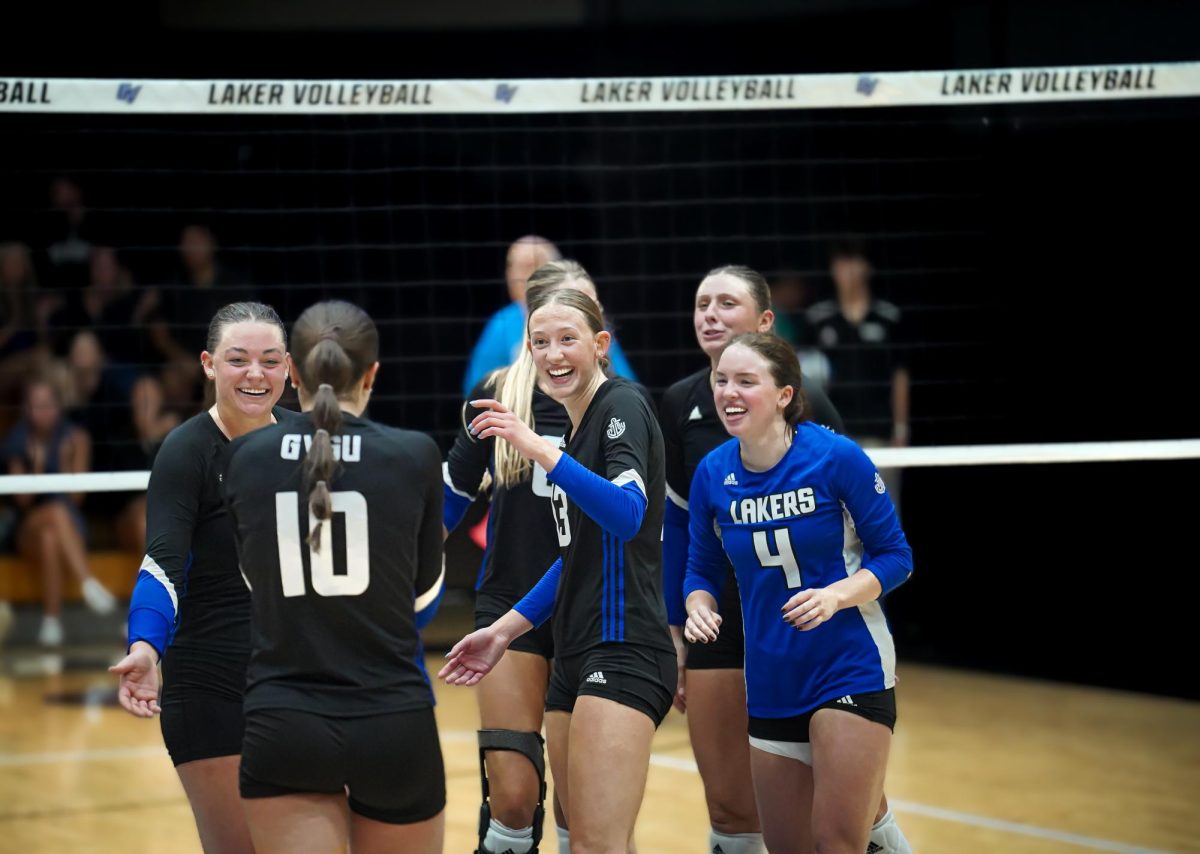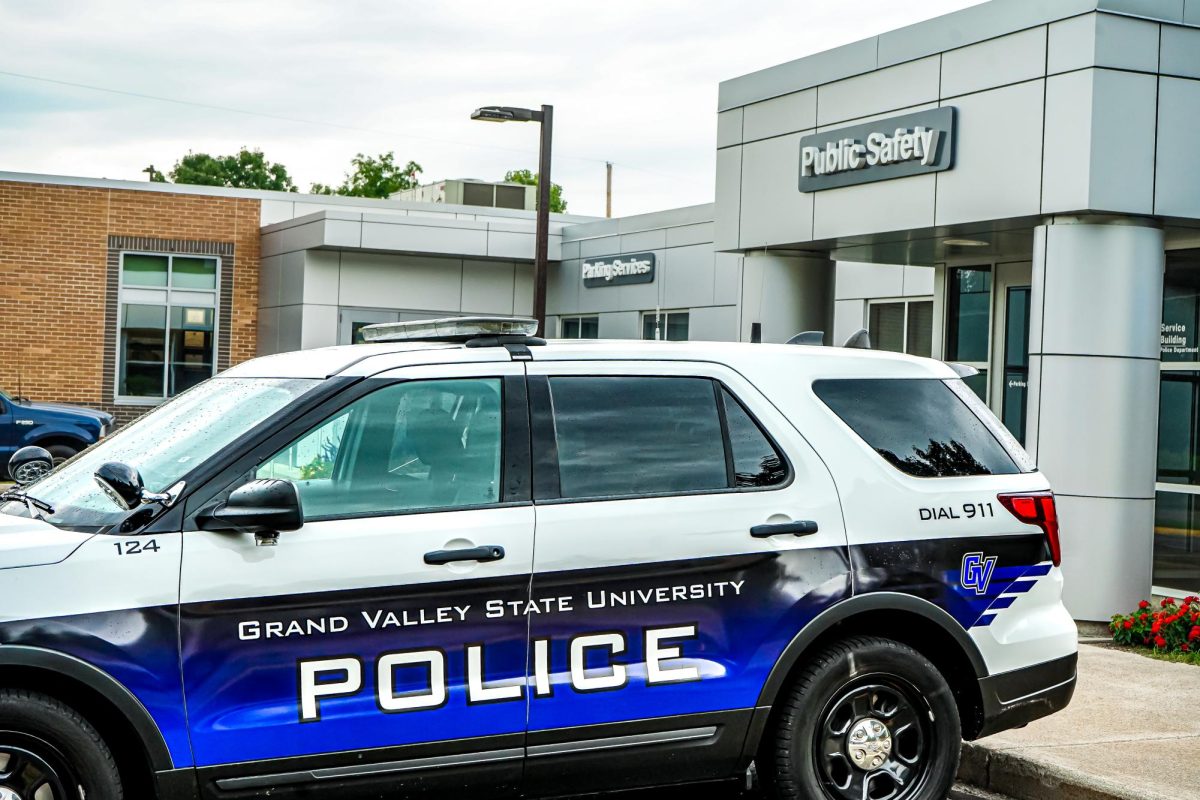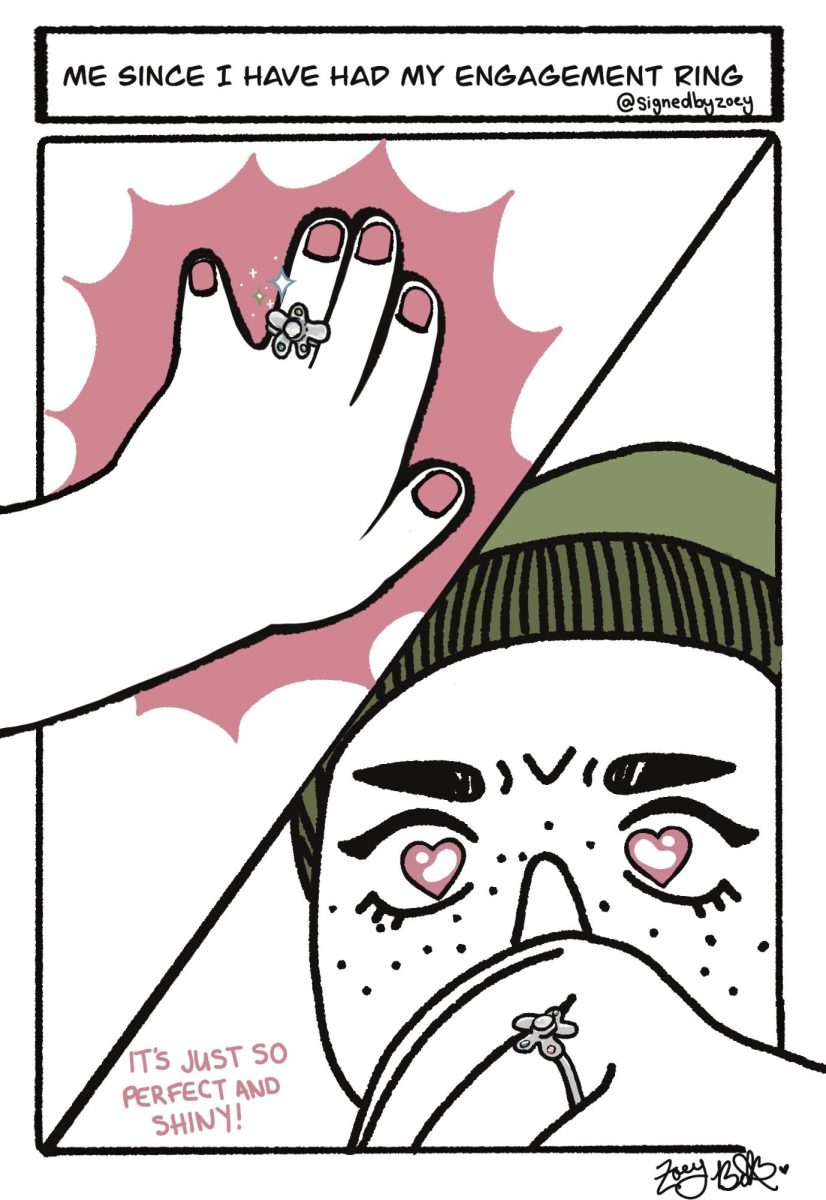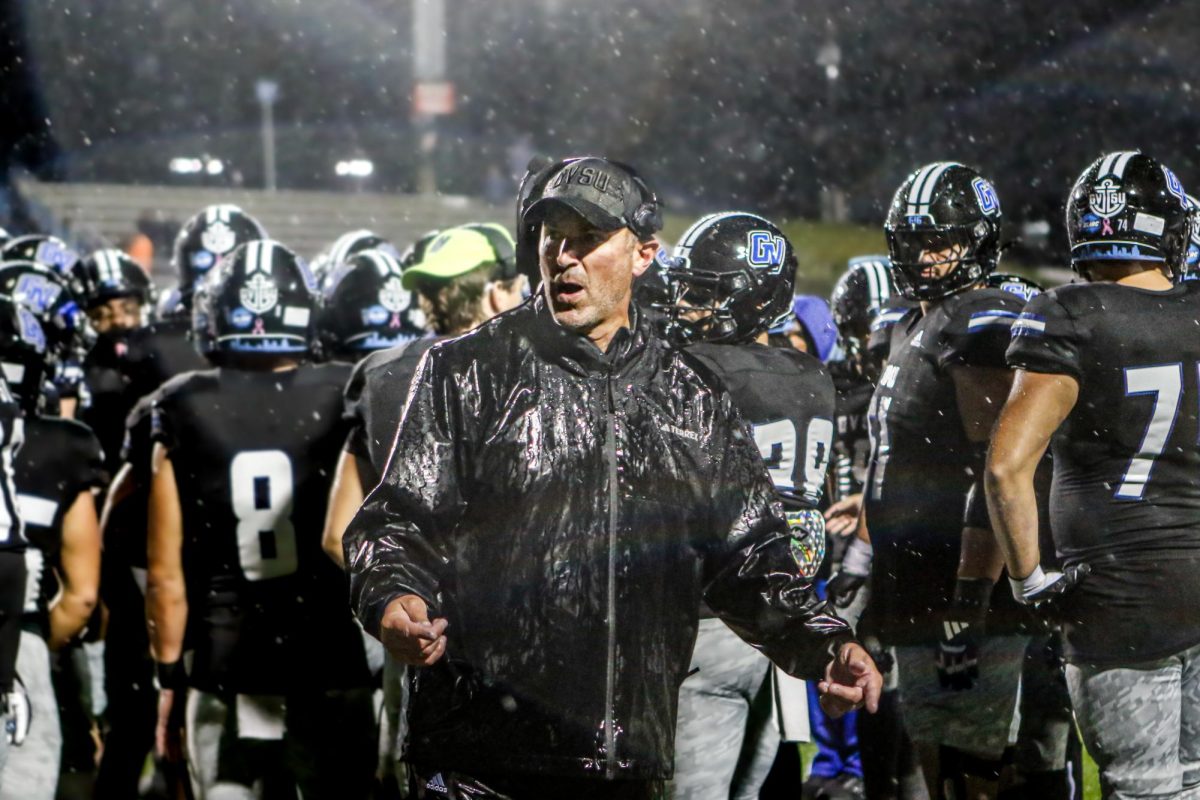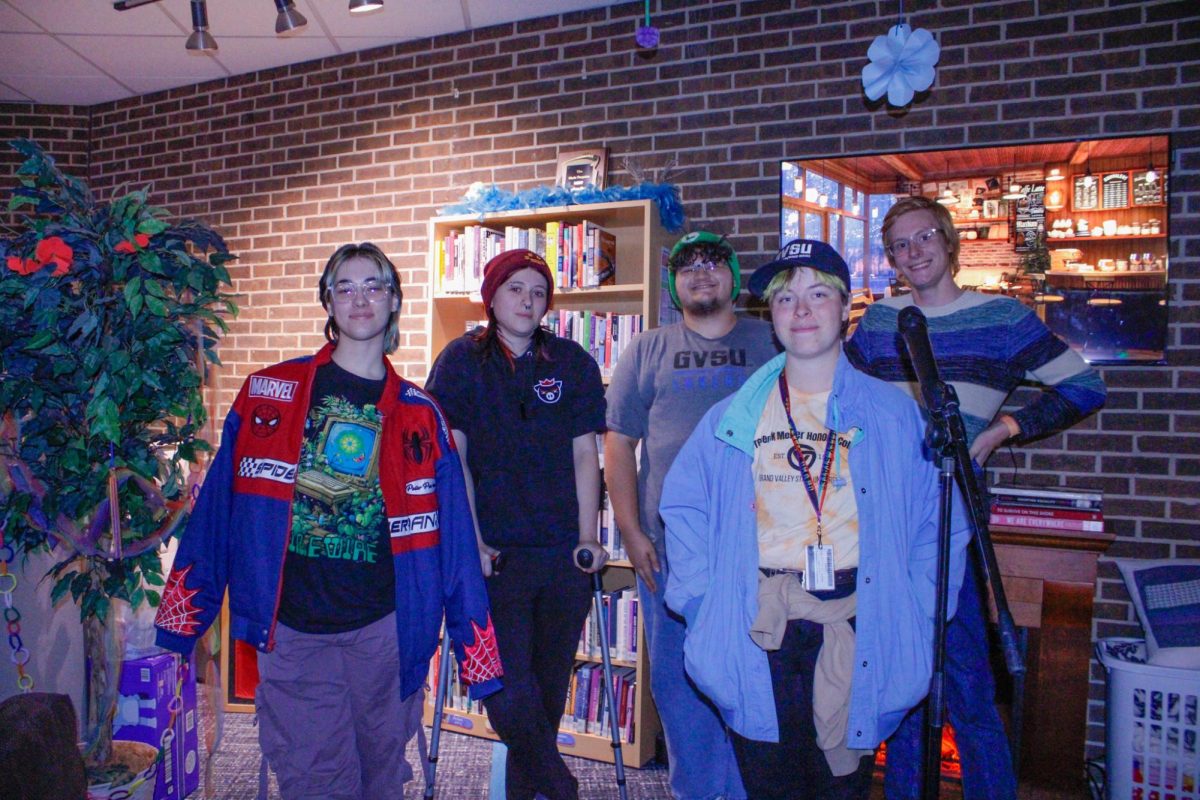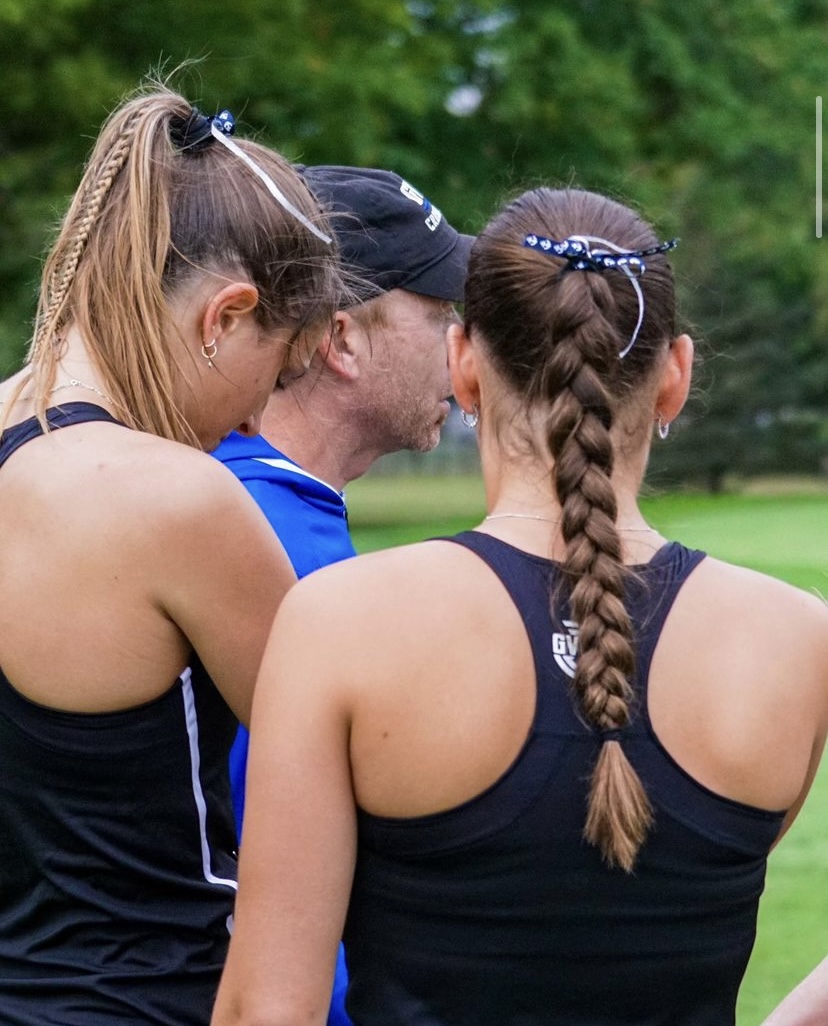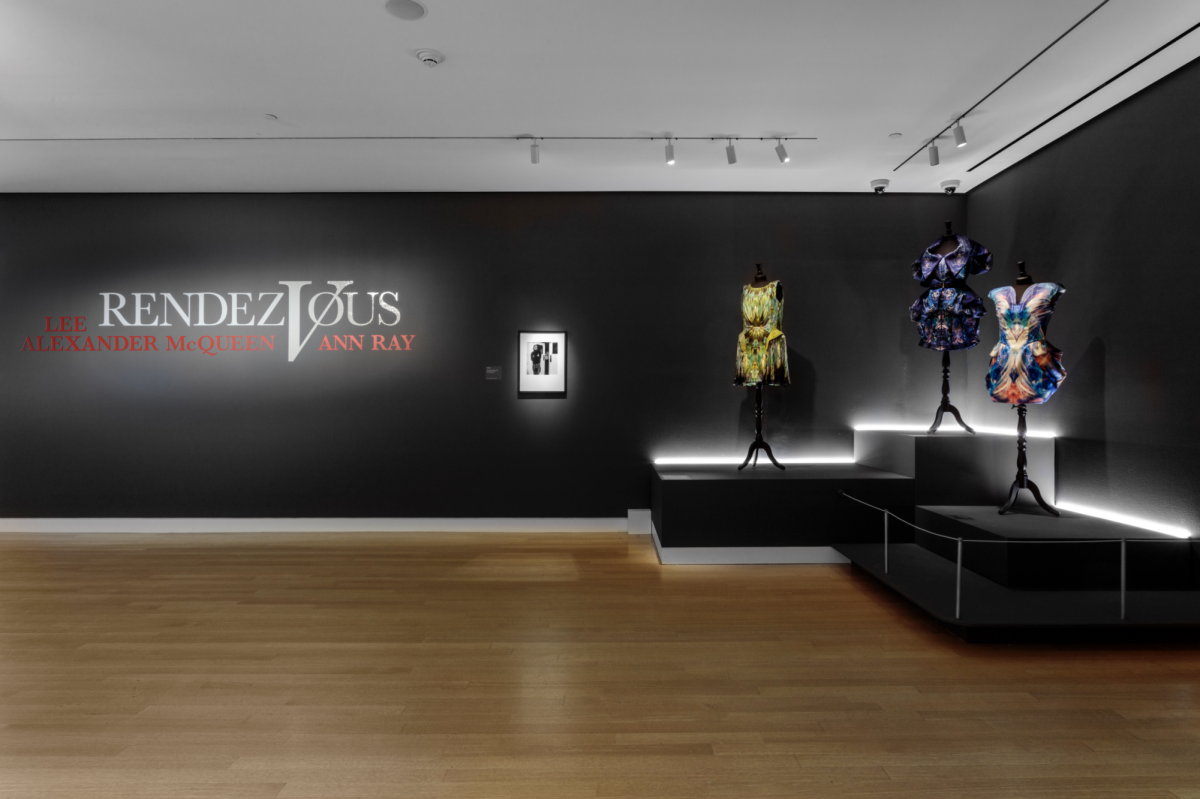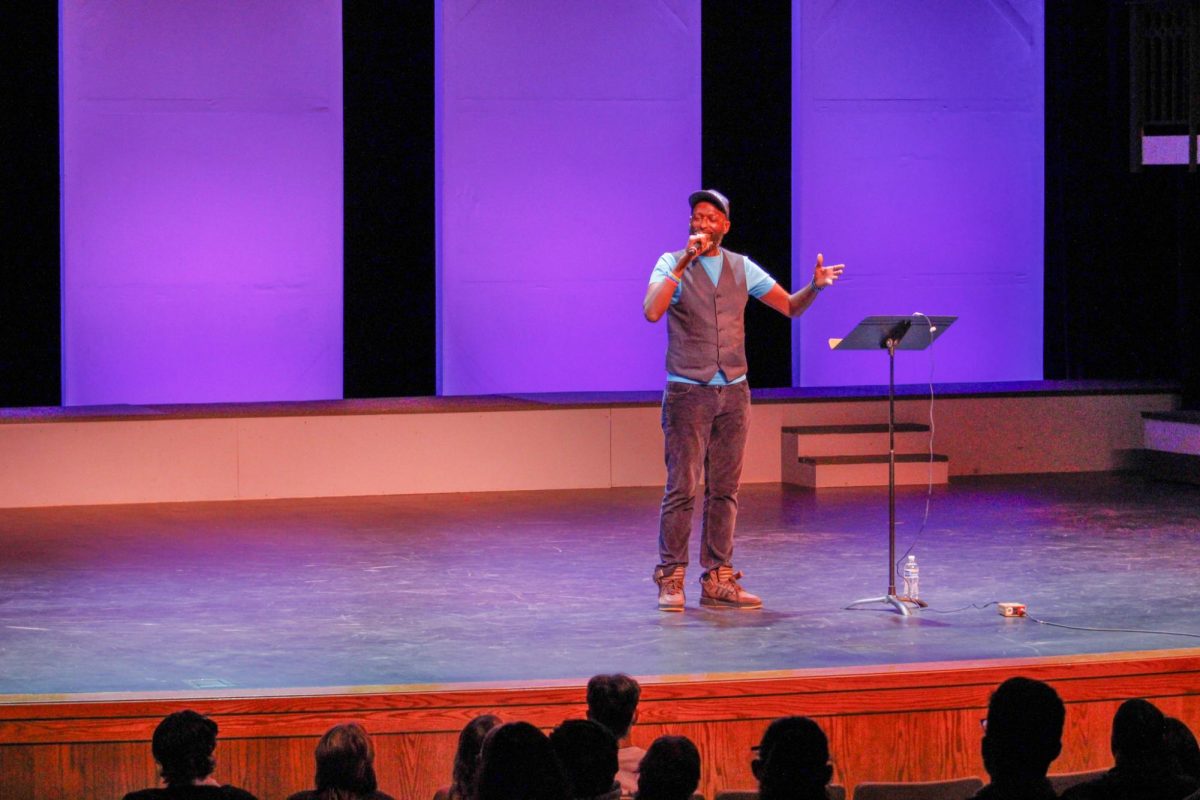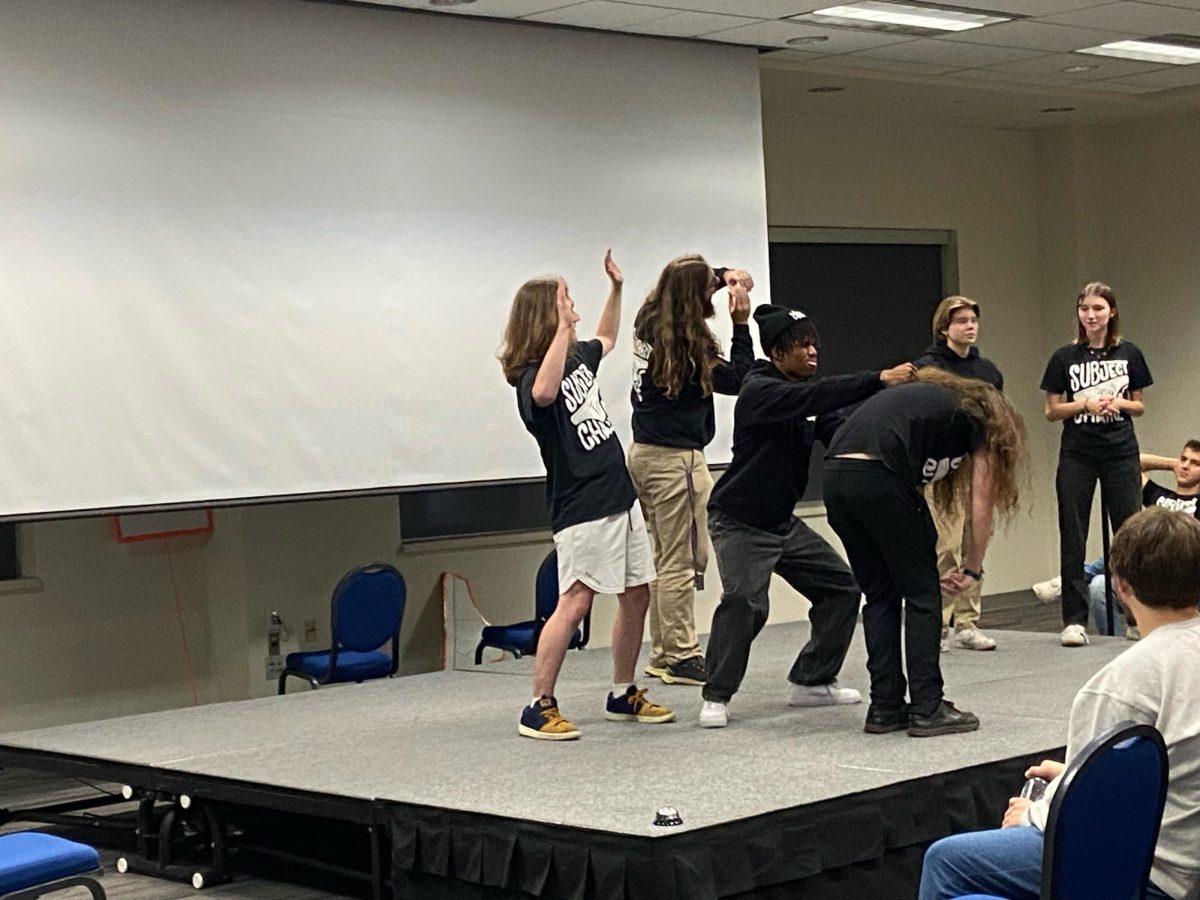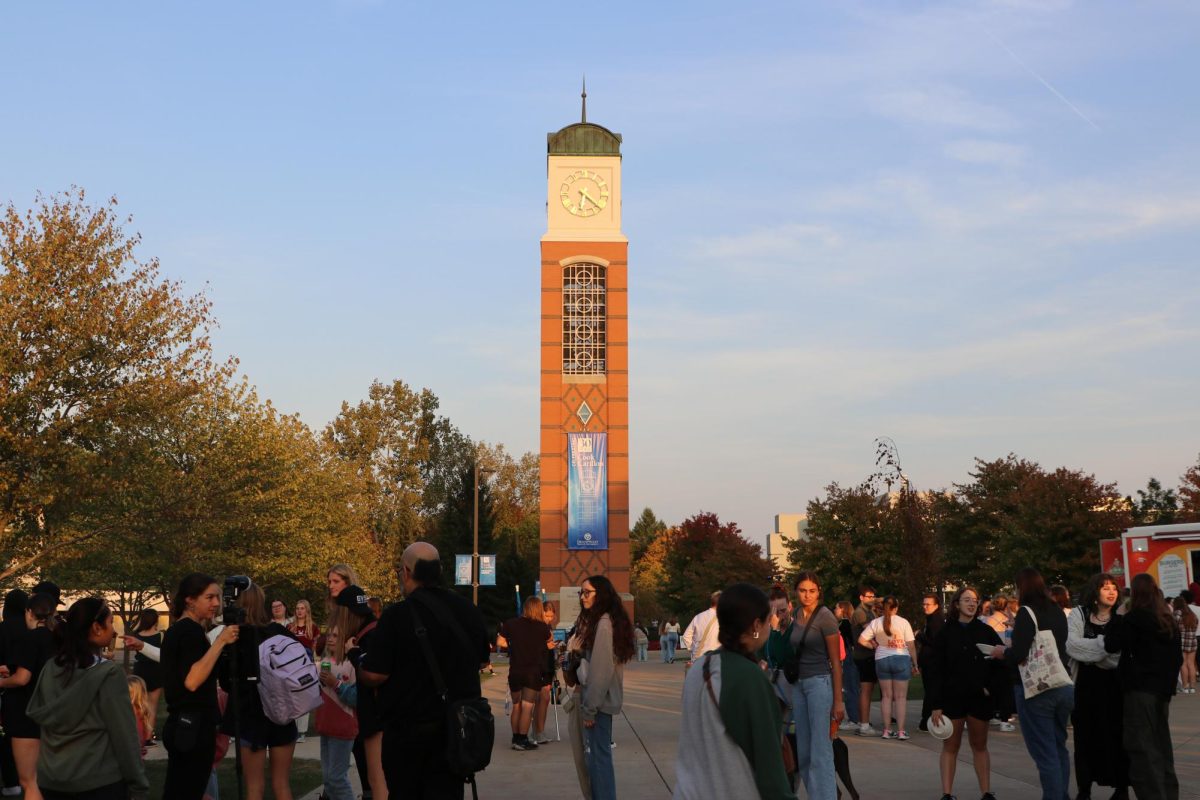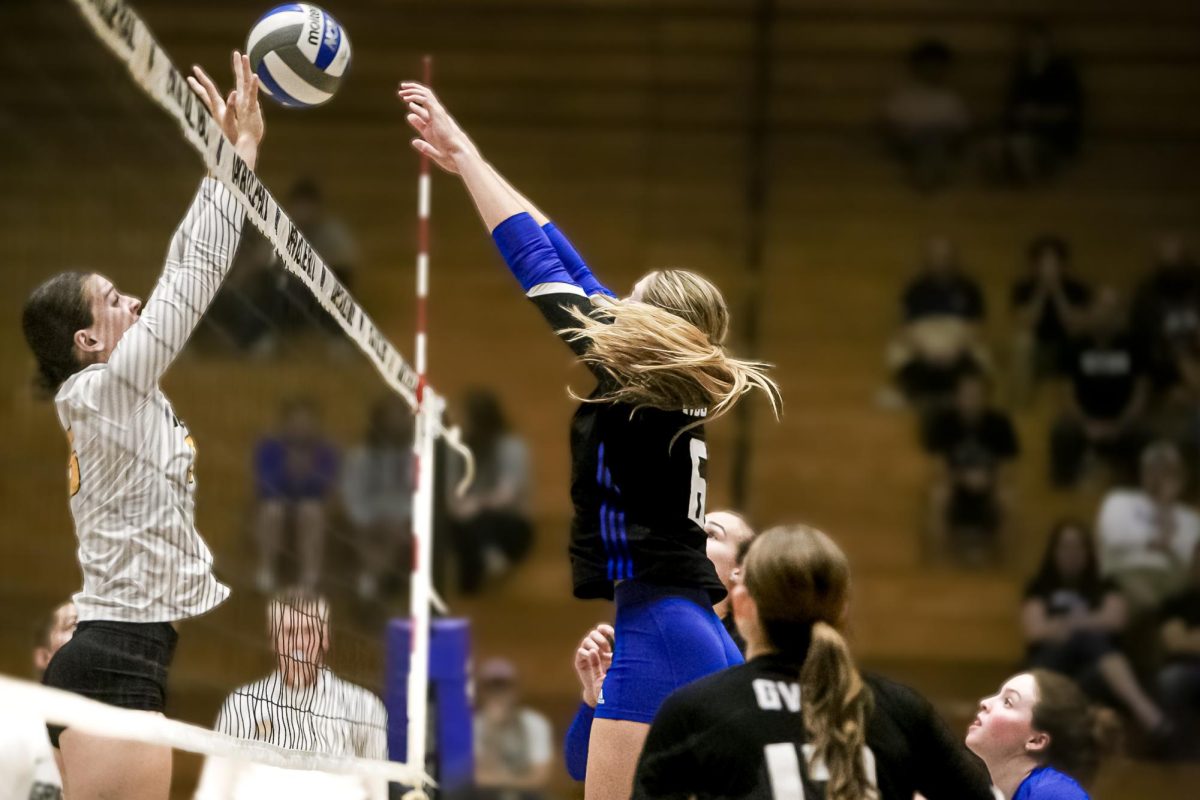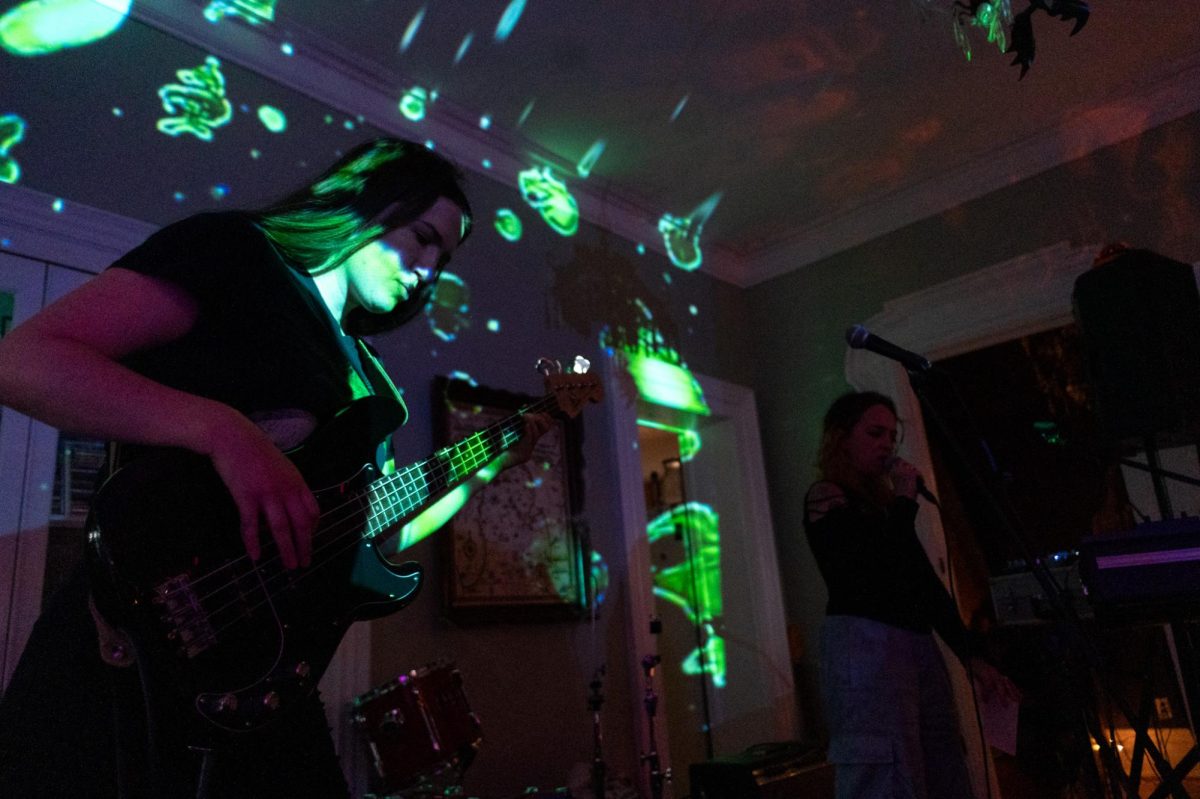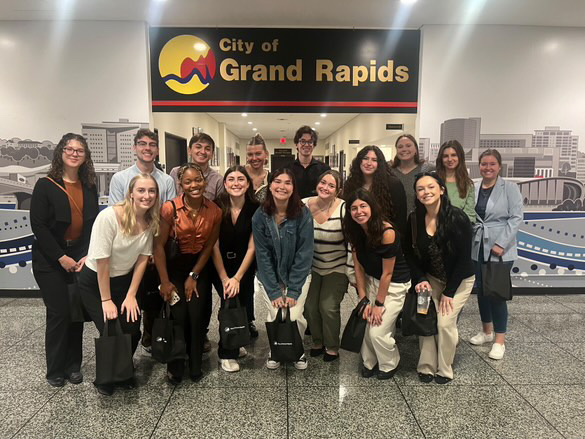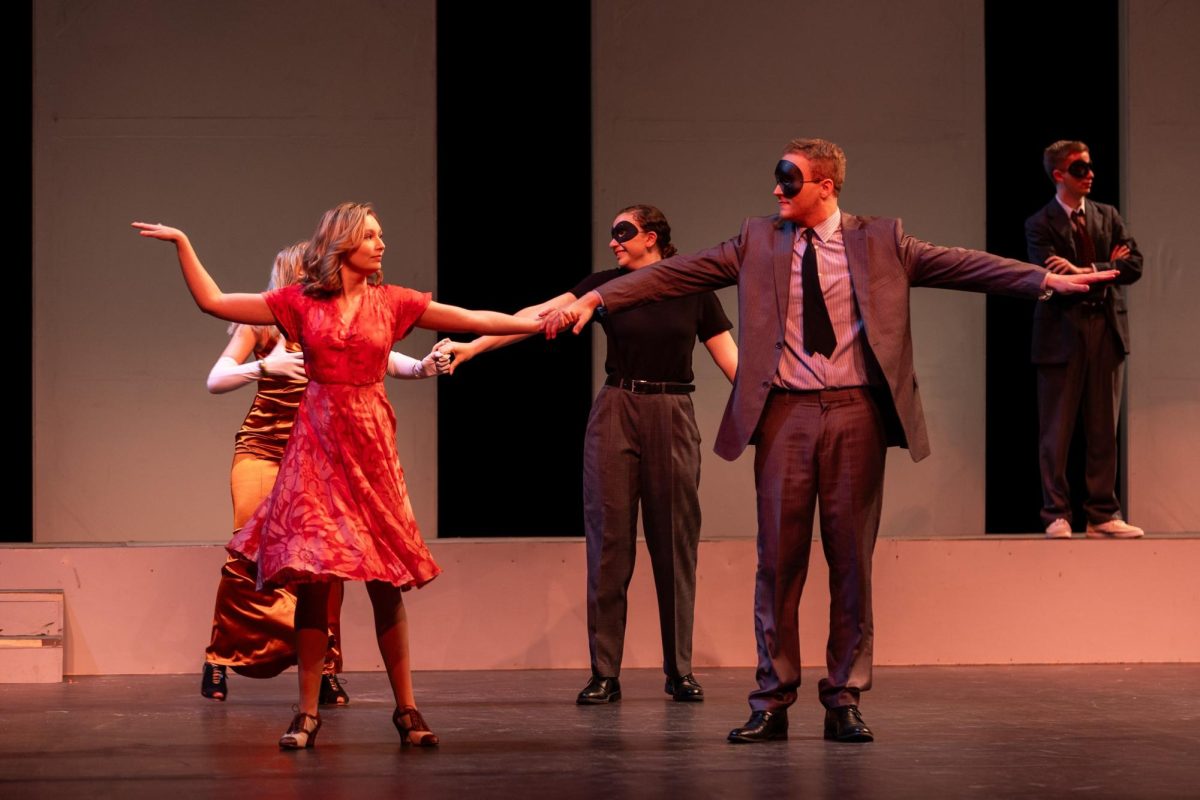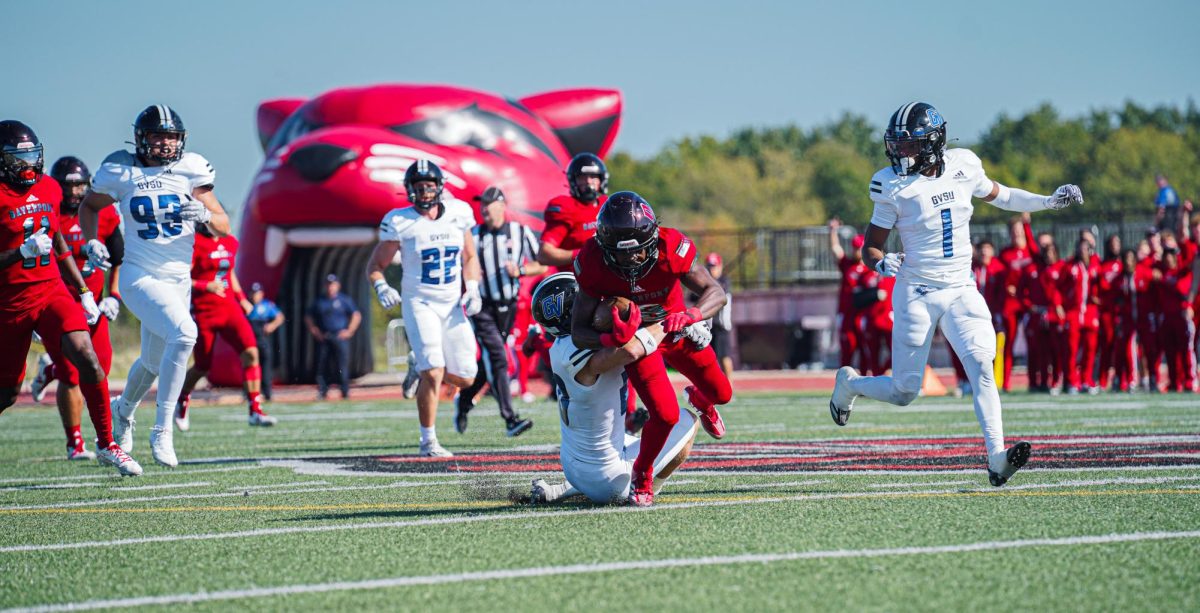Professor to lecture on racial battle fatigue syndrome
Feb 26, 2018
To continue to commemorate Black History Month at Grand Valley State University, professor Lois Owens will lead an interactive seminar about racial battle fatigue syndrome. The seminar will take place Tuesday, Feb. 27, from 6 p.m. to 8 p.m. in the DeVos Center, Room 107D. Students, faculty, staff and the public are welcome to attend.
Owens, who teaches in the Liberal Studies Department and the College of Community and Public Service, describes racial battle fatigue syndrome as a constant sensation of awareness about what is being said and the fact that there is always something being said that is unintentional. It’s as simple as the stereotyping of assuming an individual plays basketball because they are tall. It is similar to microagressions, which are offensive comments that subtly and often unintentionally hurt people.
Students can expect her discussion to include a PowerPoint with historical context explaining the topic. She will be encouraging students to share their own stories about their battles with fatigue, fragility, and how they feel defensive and are tired of hearing the issues that people are always throwing at them in order to make them feel guilty.
“I think these are hard times we are living in right now,” Owens said. “I think we have a very angry society. We’re angry about all kinds of things. But, unfortunately, I think the issue of race is the platform for almost everything to grow out of.
“I think it’s important that we can talk about anything, but this is as good if not the best place for people to start (a) dialogue. We often have the opportunity to dialogue, and people go home feeling really good (that they had a) really great conversation, but what they don’t have is next steps and directions. I’m hoping there will be some next steps and directions that come out of this if the group can be an integrated group.”
Owens’ hopes are not only to begin a conversation about the effects of racial battle fatigue syndrome and white fragility, but that the conversation will take root and continue when her discussion is over. She looks forward to overall growth.
“(My hope is for students to) become involved,” she said. “Become involved politically: You call your congressperson, you call your senator, you deal with your state rep, you run for political office in the community that you live in. You’re about the business of creating a better society for everyone to live in; you’re about the business of knowing information, of learning, opening your ears, reading, understanding what people are going through so you can have a better appreciation for the discussion that takes place.”
Owens hopes that GVSU students will take part in an event like the “March for Our Lives” taking place in Washington, D.C., on March 24. The march is a response to the recent mass shooting in Parkland, Florida.
“It would be nice to see 500, 600 students from Grand Valley in Washington, D.C., on March 24,” Owens said.
This kind of change can only begin with students’ will for change. Owens hopes to see a diverse range of students interested in the presentation, students who are willing to make a difference.
“I’d like to see students empowered to become very, very active.” Owens said. “Not for self but for all.”
The event is both LIB 100- and 201-approved. Owens hopes it will allow attendees to be able to engage in constructive dialogue.
“(I hope students will learn) how to talk to each other,” she said. “Not just how to talk but how to hear each other, how to hear one another and have some sense of understanding and empathizing. Might be a good idea to just be able to hear it and understand it.”



